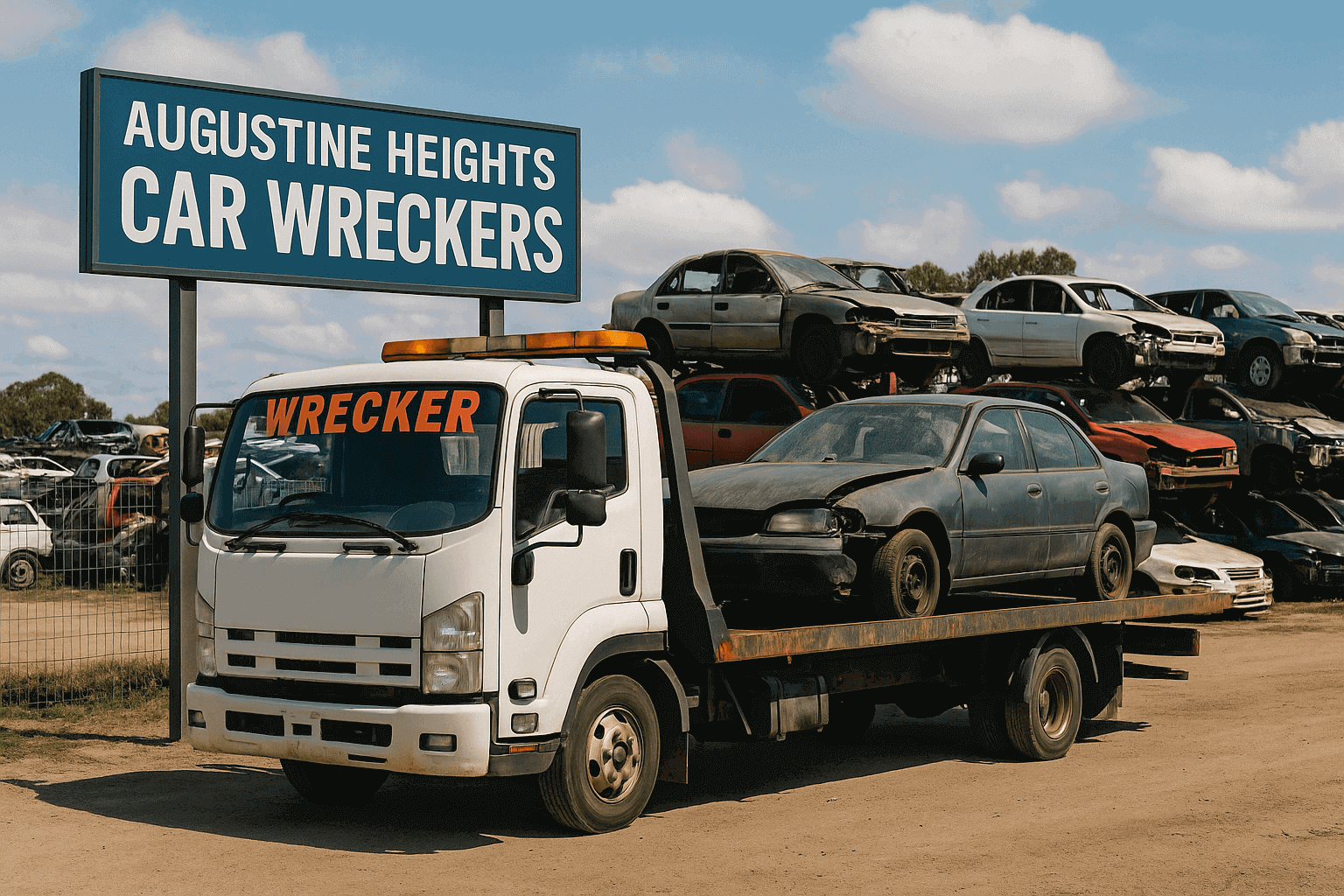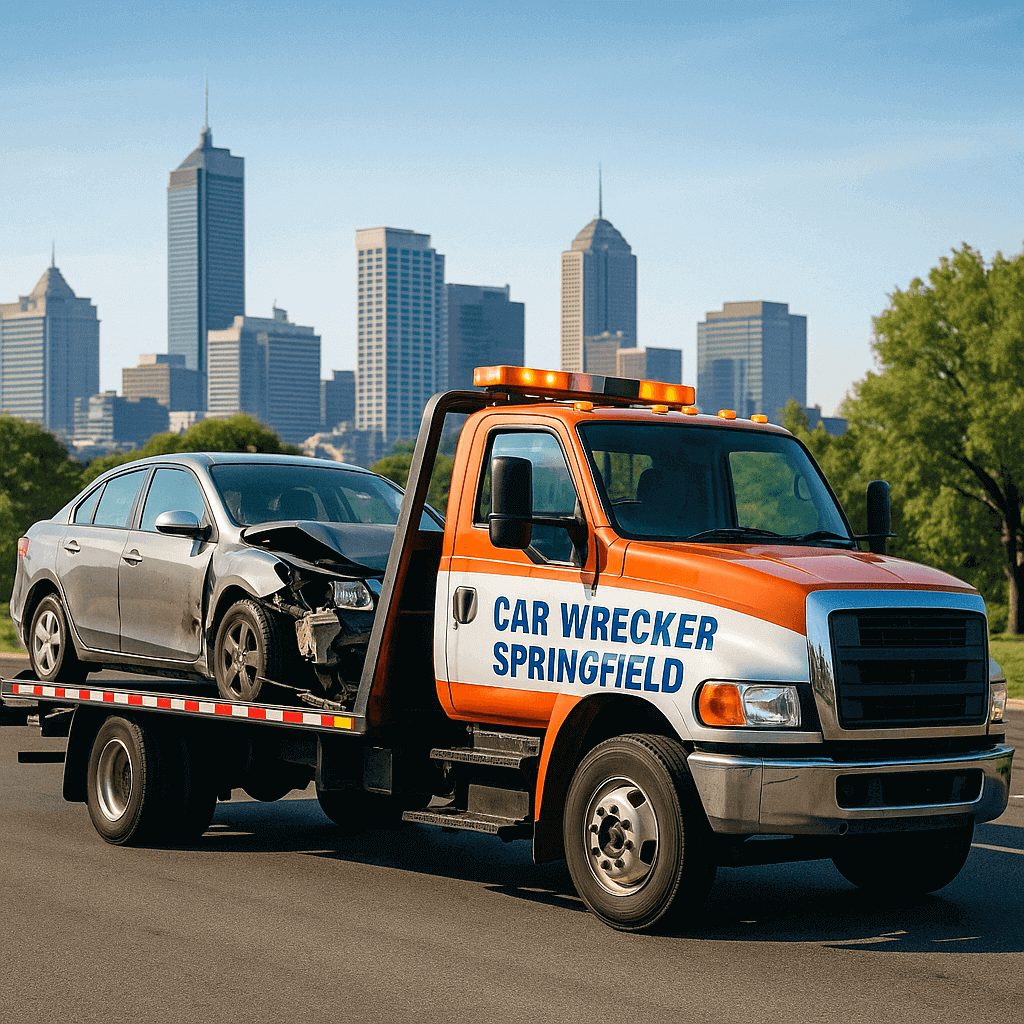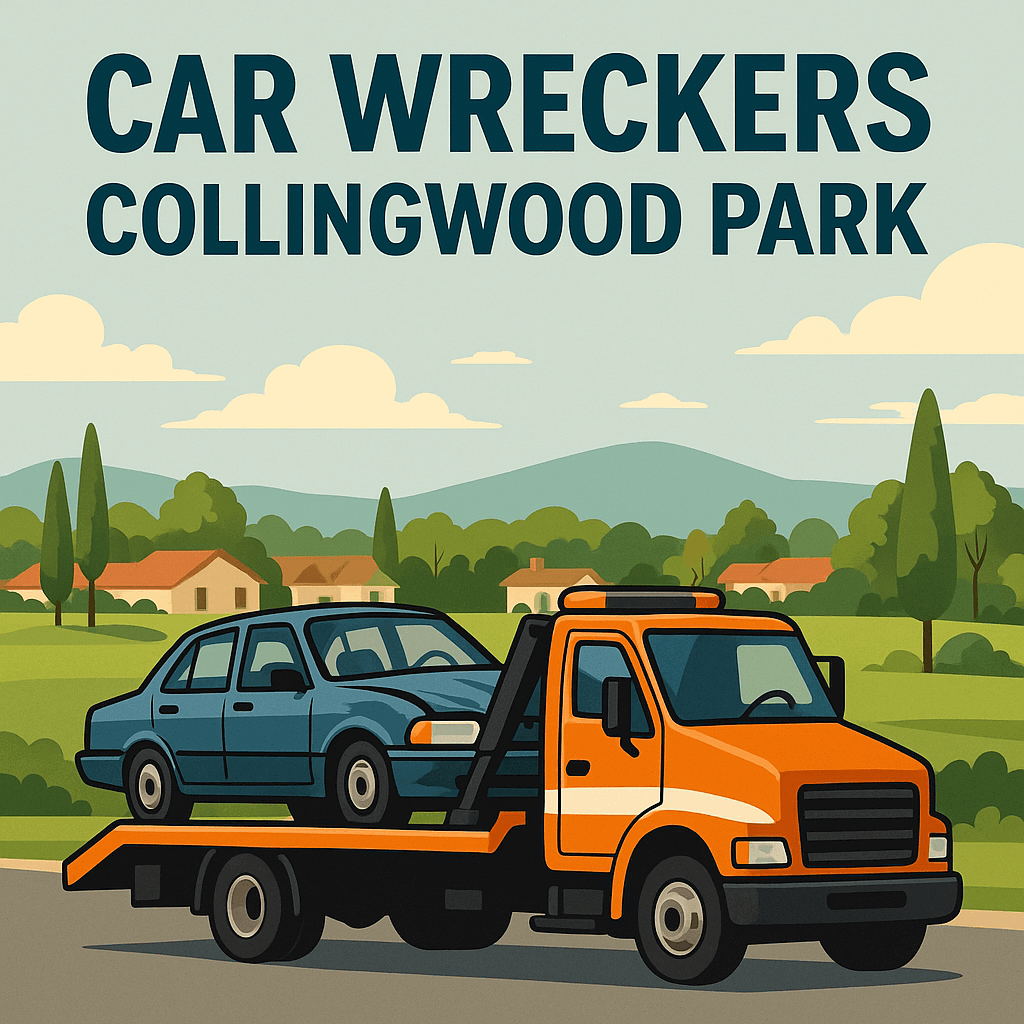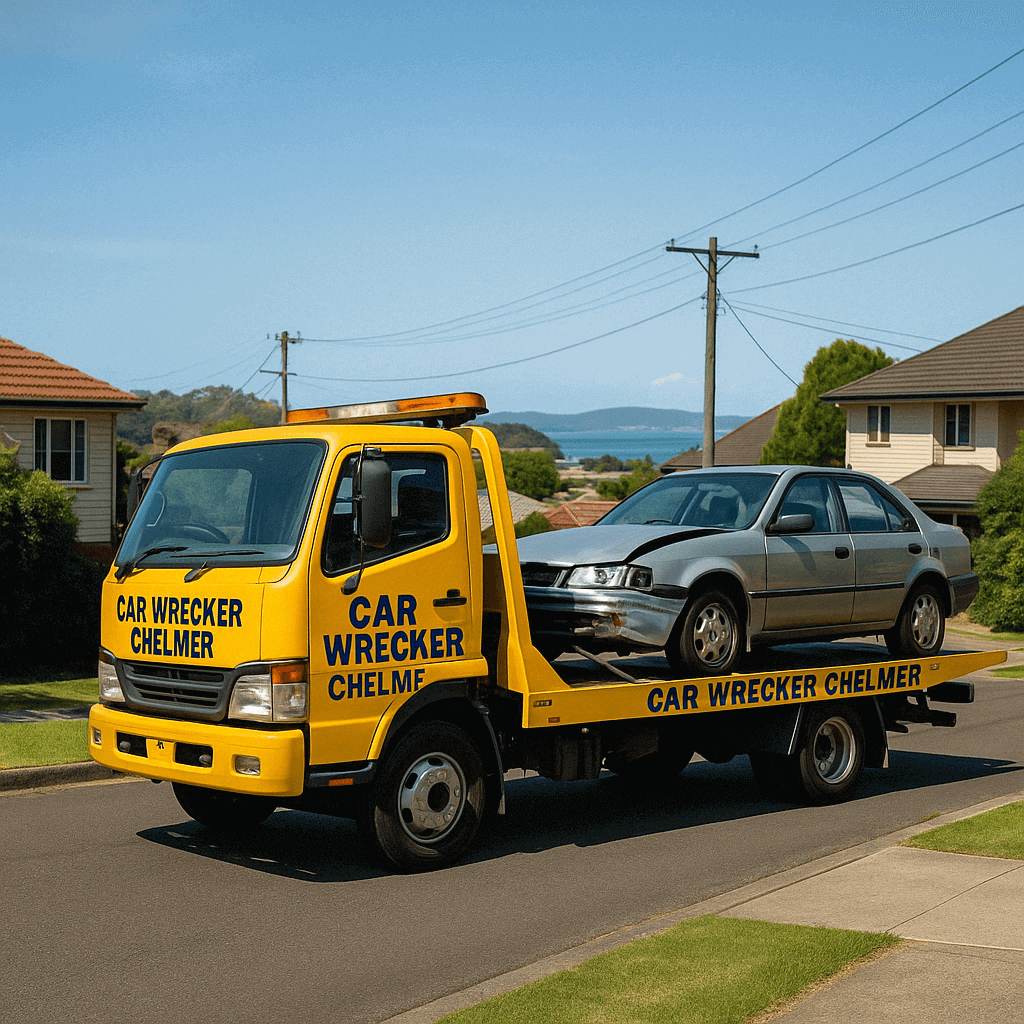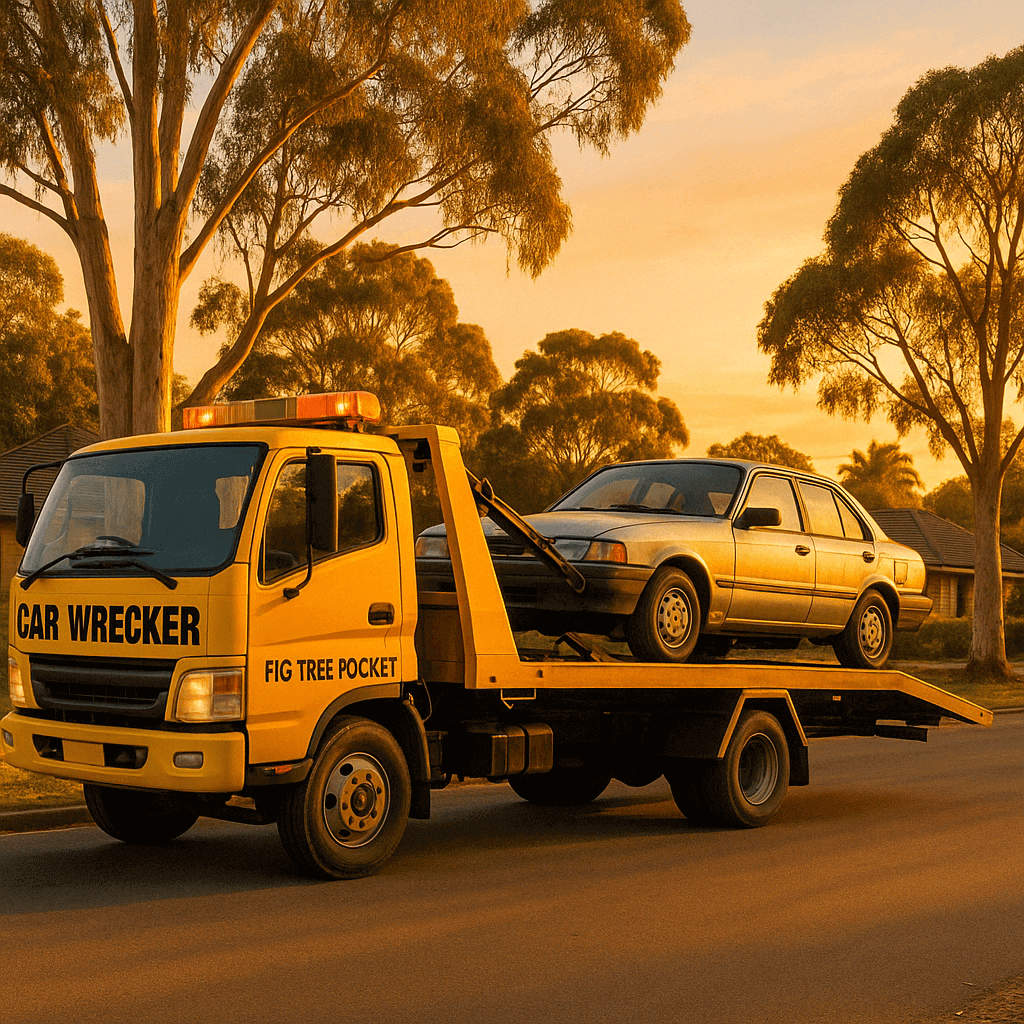Unwanted Car Disposal Queensland: Finding the Right Solution
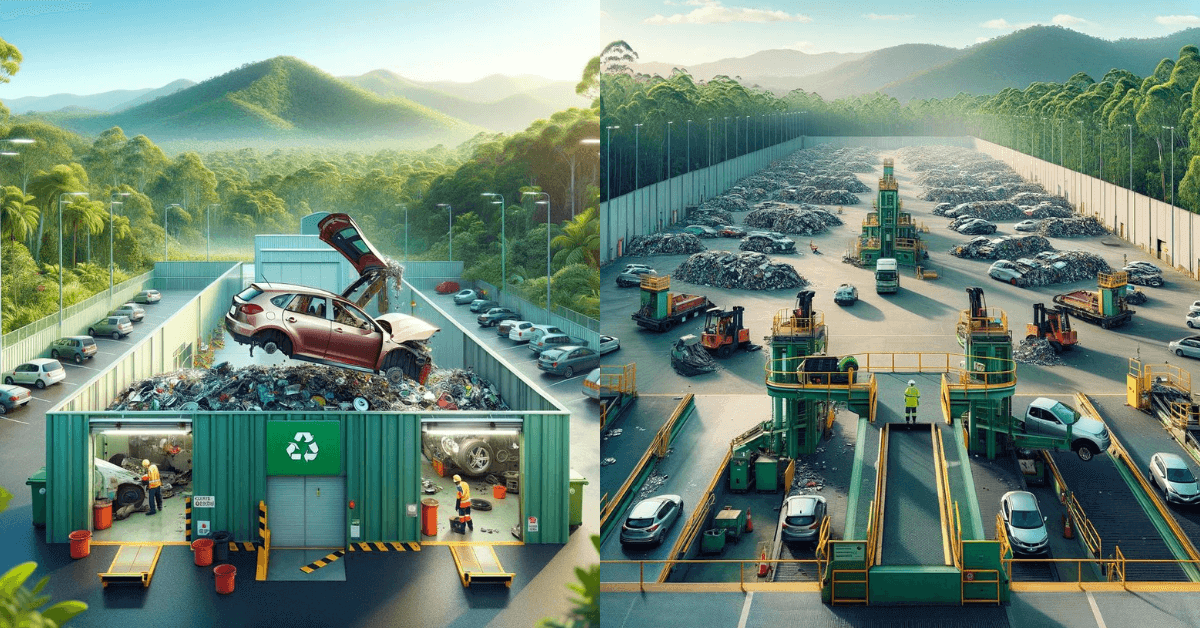
Unwanted cars, whether old, damaged, or no longer needed, pose a significant challenge regarding disposal. In Queensland, like many other regions, improper disposal of vehicles can lead to environmental hazards and legal repercussions. Understanding proper disposal methods and the consequences of not carrying out this duty is essential.
Understanding Unwanted Car Disposal
Unwanted car disposal refers to removing a no longer wanted or usable vehicle. This could include old cars, damaged beyond repair or not worth the cost of repairs. Handling this process properly is essential to avoid legal issues and environmental harm.
The Importance of Proper Disposal
Proper disposal of unwanted cars is vital for several reasons:
- It helps prevent pollution and environmental damage caused by abandoned vehicles leaking fluids like oil, coolant, and gasoline into the soil and waterways.
- It ensures compliance with legal vehicle disposal regulations, avoiding fines and penalties.
- It promotes responsible citizenship by contributing to a cleaner and safer community.
Legal Regulations in Queensland
In Queensland, there are specific regulations governing the disposal of unwanted vehicles. Abusing a car on public or private property without the owner’s consent is illegal. Additionally, vehicles must be adequately deregistered before disposal, and any hazardous materials must be removed according to environmental standards.
Environmental Impact
The environmental impact of improper car disposal can be significant. Cars are full of dangerous things, such as coolant and oil, mercury switches, and lead-acid batteries, which can contaminate water and soil if disposed of improperly. People can reduce their environmental impact and support sustainability initiatives using appropriate disposal techniques.
Methods of Disposal
There are several methods available for disposing of unwanted cars in Queensland:
Selling to a Junkyard:
Junkyards purchase old and damaged vehicles for salvage or scrap metal.
Donating to Charity:
Some charitable organizations accept vehicle donations, which can benefit those in need while providing tax benefits to the donor.
Recycling:
Many components of vehicles, including metal, glass, and plastics, can be recycled to reduce waste and conserve resources.
Scrap Metal Yards:
Scrap metal yards buy vehicles for their metal content, which is then recycled and reused in various industries.
Benefits of Responsible Disposal
Responsible disposal of unwanted cars offers several benefits, including:
Environmental Protection:
Appropriate disposal minimizes the effect on natural ecosystems and lowers the danger of pollution.
Legal Compliance:
Following regulations ensures that individuals avoid fines and penalties associated with improper disposal.
Resource Conservation:
Recycling materials from vehicles helps conserve valuable resources and reduces the need for new raw materials.
Finding the Right Disposal Option
When choosing a disposal option for your unwanted car, consider convenience, environmental impact, and potential financial benefits. Research local services and compare their offerings to find the best solution.
Steps to Prepare Your Car for Disposal
Before disposing of your car, take the following steps to ensure a smooth process:
Gather Necessary Documentation:
Collect any paperwork related to the vehicle, including the title, registration, and maintenance records.
Remove Personal Belongings:
Take any personal items from the car before handing them over for disposal.
Evaluate the Condition of the Car:
Assess the vehicle’s condition to determine its value and the most appropriate disposal method.
Choosing a Disposal Service
When selecting a disposal service, consider reputation, pricing, and services offered. Ensure the chosen provider is licensed and follows proper disposal procedures to avoid legal or environmental issues.
FAQs
It’s generally necessary to have a title to dispose of a vehicle legally. However, some disposal services may accept alternative forms of ownership documentation.
Many disposal services offer payment for unwanted vehicles, particularly those with salvageable parts or valuable materials.
According to environmental regulations, hazardous materials such as batteries and fluids should be removed and disposed of appropriately.
Yes, many charitable organizations accept vehicle donations regardless of their condition. They may repair and use the vehicle or sell it for parts to fund their programs.
Research disposal services thoroughly, choose reputable providers, and inquire about their disposal processes to ensure compliance with legal and environmental standards.
Conclusion
Proper disposal of unwanted cars in Queensland is essential for environmental protection, legal compliance, and community well-being. By understanding the options available and choosing responsible disposal methods, individuals can contribute to a cleaner and safer environment while avoiding potential fines and penalties.

